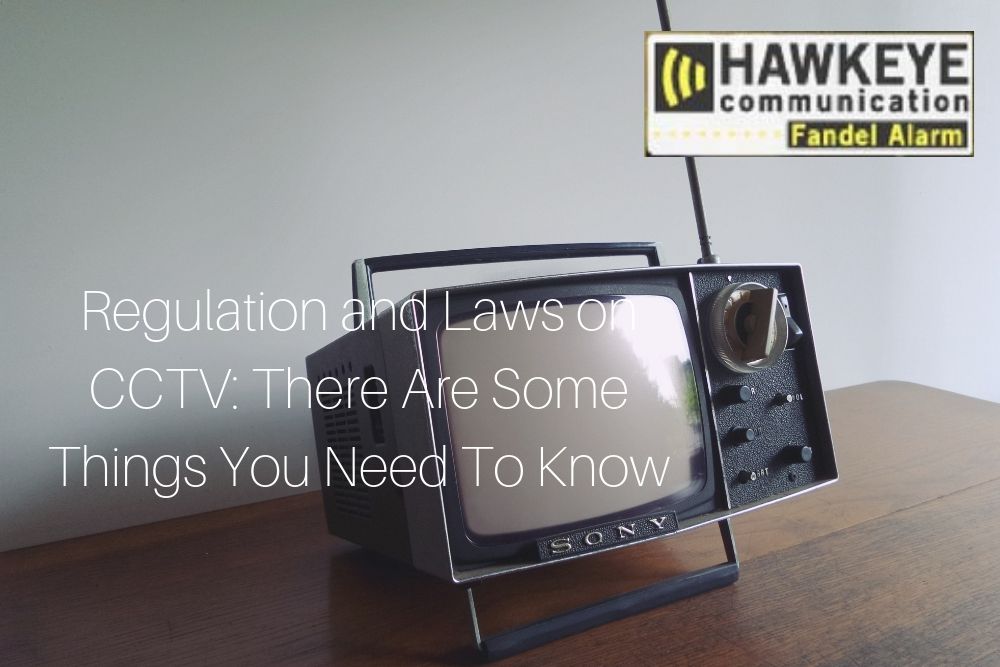Regulation and Laws on CCTV: There Are Some Things You Need To Know
Regulation and Laws on CCTV: There Are Some Things You Need To Know
 Things such as Regulatory Compliance, Security, Asset Protection, Increasing Productivity, and Healthy and Safety Environment - are a few of the legitimate reasons of business owners and employers for installing CCTV and Video Camera Surveillance.
Things such as Regulatory Compliance, Security, Asset Protection, Increasing Productivity, and Healthy and Safety Environment - are a few of the legitimate reasons of business owners and employers for installing CCTV and Video Camera Surveillance.
Every employer and business owner must understand that there are legal limits on the CCTV and video surveillance installation on the workplace - due to the worker’s right to privacy. They have to make sure that the monitoring is legal. An impact assessment should be done to have a justified reason for the use of CCTV/monitoring.
That process will be a great help to show a clear identification of the purpose of the installation of the monitoring system. This will also highlight the benefits and adverse impacts to expect from it. For a successful implementation of this kind of security system, both employers and employees must know their rights.
Here are the things you need to know about CCTV and Video Surveillance
Recognize the Laws and Regulation on CCTV
A business owner who Is planning to install a video surveillance camera must recognize the federal and state law regarding one's right to privacy. In the U.S federal law, there are no limitations or prohibitions against an owner monitoring the working area. Nonetheless, they still regulate a law specifically regarding the privacy of an employment relationship.
This federal law has the main impact on private employers with federal contracts and interactions with federal employees. These employers must be well-informed about the Federal Privacy Act. They should also be aware of the outlined restriction about the gathering of information and regulations on the obligation of record keeping.
CCTV Assessment Impact
The objective of this assessment is to help the user to have a proven reason to use CCTV and video surveillance cameras in their workplace. Things like the actual purpose, the benefits, and the adverse impacts of CCTV and monitoring cameras are to be considered by the business owner.
Best Practices in Workplace Video Surveillance
In order for a business owner to protect his company from possible court cases - a strategic plan in the deployment of video surveillance and implementation of the policies (that is according to the state and federal laws) must be observed.
Below are some guidelines of policies and practices regarding CCTV and Video Surveillance:
- Provide a written policy statement regarding the monitoring activity.
- Outline strict confidentiality guidelines for the ones involved in the monitoring.
- Convey the extent, nature, and reason for monitoring the staff and explain what level of privacy an employee has.
- Clarify how the information is being obtained through CCTV and video surveillance.
- Create mutual trust and confidence by giving a chance to the employees to defend themselves in regards to the footage used for disciplinary actions.
- Give the employees a forum where they can voice out any concern.
A policy that is well thought and a clear plan for workplace surveillance is to the company’s advantage. Adverse impacts can be prevented by following state and federal rules regarding the monitoring.
Make a partnership with a reliable company that can give you a monitoring system that is knowledgeable of these laws. Call us now and let’s have a talk.